That depends to a large extent on the kind of diabetes you
have. Lately it's been recognized that diabetes is really more of
a family of diseases than just one disease. If you get diabetes as
a child or young person (this used to be called juvenile diabetes)
you almost certainly will have to take insulin, because your
pancreas is making little or no insulin. If, however, you get
diabetes later in life say, after forty you're usually overweight,
and often if you get your weight down you can be
virtually symptom-free without insulin.
What if you're not overweight but you get diabetes after forty? Do you have to go on insulin or not?
You may or you may not. You're a fence straddler. June
was one of these. She was diagnosed at the age of forty five.
She was not at all overweight (5 '5" and 116 lb.) and never had been. Her doctor put her on pills at first (Tolinase). They
worked for her for several months. Then, although she followed
her diet meticulously, she began running high blood
sugar again. What's worse, her weight dropped to 108 and she
started producing those calling cards of totally out of control
diabetes, ketones. To get her blood sugar down, she had to start
taking insulin and has been taking it ever since.
The French divide their diabetics not into age groups but
rather into the thins and the fats. They believe that if you're
thin when you're diagnosed you'll probably have to take insulin
and if you're fat, you won't. This certainly has held true
for June.
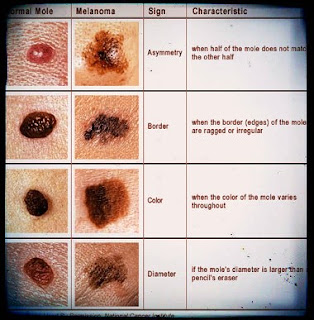
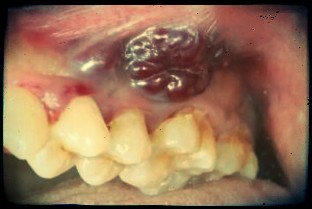
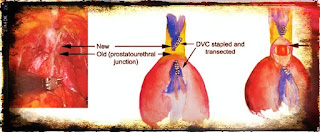
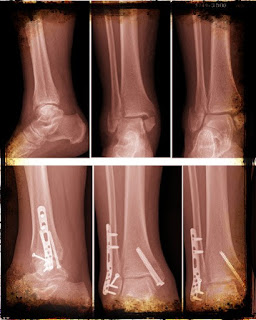
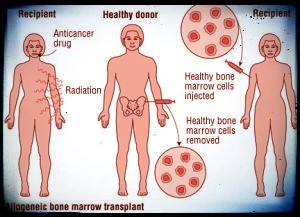

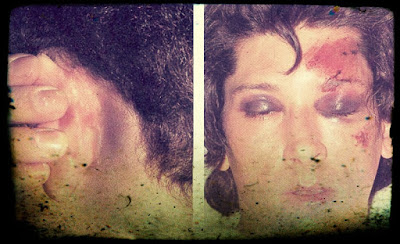
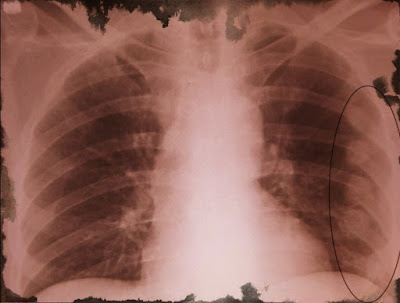
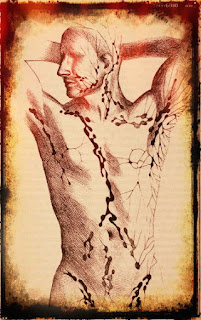
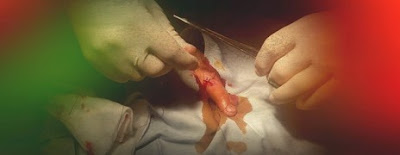
Comments
Post a Comment